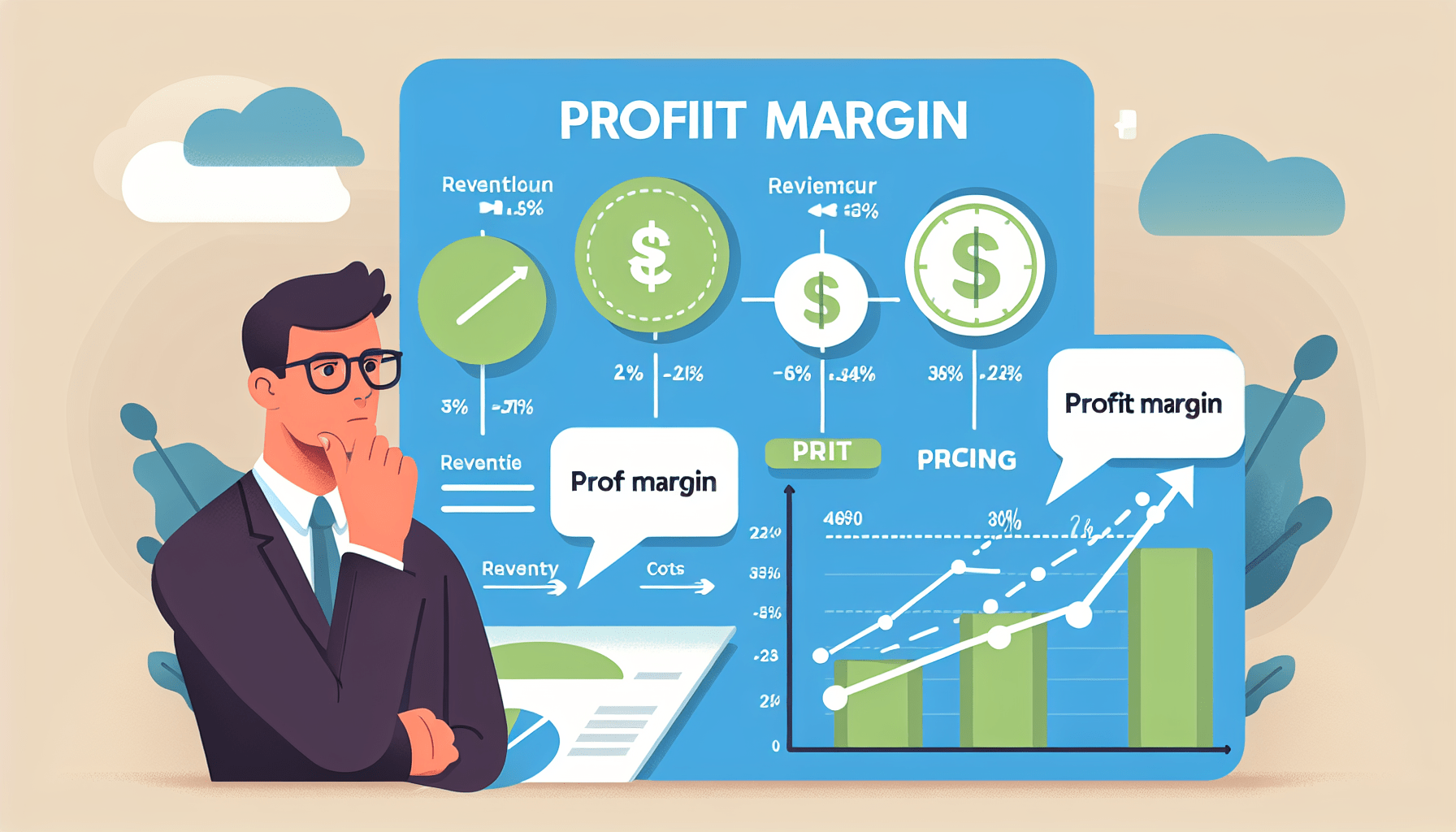What 3 Criteria Must Be Met For A Business To Be Able To Record An Expense?
So, you want to know what three criteria a business must meet in order to record an expense? Well, it’s actually quite straightforward. In order for a business to record an expense, three key factors must be considered: the expense must be a part of the business’s regular operations, it must result in a decrease in assets or an increase in liabilities, and finally, it must be reliably measurable. These three criteria ensure that the expense is legitimate and can be accurately represented in the financial records of the business. Now, let’s dive into the details and explore each criterion further.
Legitimate Business Purpose
To record an expense, there are several criteria that a business must meet. The first criterion is that the expense must be incurred for a valid business purpose. This means that the expense should be necessary and directly related to the operations of the business. It should be a legitimate expense that contributes to the generation of income or the improvement of business processes.
For example, if you own a bakery, purchasing ingredients for making bread would be a valid business expense. However, buying a new television for personal use would not meet the criteria for a legitimate business purpose.
Economic Benefit
In addition to meeting the legitimate business purpose criterion, the expense should also provide a measurable economic benefit to the business. This means that the expense should have the potential to increase future revenues or reduce future costs. The economic benefit should be reasonably expected and supported by evidence.
For instance, if you own a restaurant and decide to invest in kitchen equipment upgrades, such as a new oven, the expense should be expected to enhance the efficiency of cooking and potentially increase customer satisfaction. This, in turn, can lead to increased revenue and a positive impact on the overall profitability of the business.

Accrual Basis Accounting
Another criterion that must be met for a business to record an expense is the adherence to the accrual basis of accounting. Under the accrual basis, expenses are recognized when they are incurred, not when they are paid. This means that even if the payment for an expense is made at a later time, it should still be recognized in the accounting records when it is incurred.
For example, if you receive an invoice for advertising services in December but pay the bill in January, the expense should still be recorded in December. This allows for accurate matching of expenses with the corresponding revenue or time period, which enhances the reliability of financial statements.
Substance over Form
When recording expenses, it is crucial for businesses to focus on the true nature and economic impact of the transactions, rather than solely relying on legal form. This criterion emphasizes the importance of substance over form. Businesses should avoid engaging in artificial accounting manipulations that may misrepresent expenses.
For instance, if a business enters into a transaction that appears legitimate on paper but lacks economic substance in reality, it would not meet this criterion. It is essential to ensure that expenses are recorded accurately and reflect the true economic impact on the business.

Documented Evidence
To support the legitimacy and auditability of expenses, businesses should maintain proper documentation. This criterion requires the expense to be supported by receipts, invoices, contracts, or other relevant records. These documents serve as evidence of the expense and help establish its authenticity.
For example, if you purchase office supplies, you should keep the receipts from the supplier as evidence of the expense. This documentation provides transparency and allows for proper verification during audits or financial reviews.
Reasonable Amount
When recording expenses, it is important to consider whether the amount is reasonable and necessary in relation to the business operations. Businesses should avoid extravagant or excessive spending that cannot be justified.
To determine reasonability, comparisons with industry standards or benchmarks can be helpful. By assessing what other businesses in the same industry would consider reasonable for similar expenses, a clearer picture can be obtained to ensure adherence to this criterion.
For example, if you are a consulting firm, the amount spent on travel expenses for a client meeting should be comparable to what other consultants in the industry would typically spend for similar engagements.
Consistency and Materiality
Expenses should be consistently recorded and classified over time to ensure accurate financial reporting. Changes in accounting treatments should be explained and justified, providing transparency to users of financial statements.
Furthermore, material expenses, which are significant in nature or amount, should be properly disclosed in the financial statements. This enables stakeholders to have a clear understanding of the financial position and performance of the business.
For instance, if a business decides to change its method of depreciating assets from straight-line to accelerated depreciation, it should disclose this change in the financial statements and explain the rationale behind it.
Authorized and Properly Approved
To maintain control and prevent unauthorized or fraudulent expenses, it is essential that expense transactions be authorized by management or designated personnel. Approval processes should be in place to ensure compliance with internal controls and policies.
For example, a business may require that all expense reports be reviewed and approved by a supervisor before reimbursement is processed. This helps to prevent potential fraudulent expenses from being recorded and provides an additional layer of accountability.
Paid or Incurred
Expenses must have been paid or incurred during the accounting period in order to be recorded. This criterion recognizes the importance of matching the recognition of expenses with the actual cash flow.
For example, if a business signs a contract for a service that will be provided over the course of a year, the expense should be recognized monthly as the service is received, even if payment is made in advance or on a deferred basis.
Compliance with Accounting Standards
Lastly, the recording of expenses should adhere to relevant accounting standards. Following the guidelines provided by Generally Accepted Accounting Principles (GAAP) ensures the accuracy, reliability, and comparability of financial statements.
Adhering to accounting standards is crucial for businesses to maintain integrity and consistency in their financial reporting. Failure to comply with these standards can result in misinterpretation of financial data and potential legal or regulatory issues.
In conclusion, for a business to record an expense, it must meet several criteria. These include having a legitimate business purpose, providing an economic benefit, adhering to accrual basis accounting, focusing on substance over form, having documented evidence, ensuring a reasonable amount, maintaining consistency and materiality, obtaining proper authorization and approval, being paid or incurred, and complying with accounting standards. By meeting these criteria, businesses can accurately reflect their expenses in their financial statements and provide users with reliable information about their financial performance.


